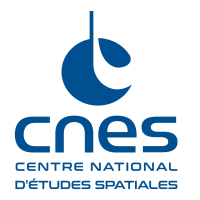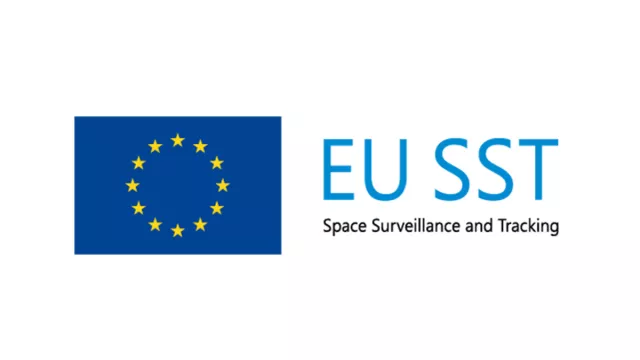France has joined forces with its partners in the field of space surveillance and tracking (SST) since 2014 to better detect and identify objects in orbit and thus reduce the risk of collisions.
Key information
Key figures
- 1 million orbital debris objects larger than 1 cm in low Earth orbit
- 15 EU member states in programme
- 190+ organizations benefiting from programme
- 400+ satellites tracked
Key milestones
- 1 July 2023: EU gives European Agency for the Space Programme (EUSPA) responsibility for SST Front Desk
- 2022: Programme counts 15 member states
- April 2014: European Union initiates SST programme
Project in brief
Now that one million space debris objects larger than one centimetre are in low Earth orbit, it is vital to have effective tools for recording and cataloguing them. In response to the risk of collisions and fragmentation, to uncontrolled atmospheric re-entries and to manoeuvres of in-service satellites, the European Union established a framework end April 2014 to support space surveillance and tracking (SST), called the EU-SST consortium. SST is a vital security tool for the EU, notably to protect its Galileo positioning system and Copernicus programme satellites.
The EU-SST consortium was originally formed by the French (CNES), Italian (ASI), Spanish (CDTI), German (DLR) and United Kingdom (UKSA) space agencies. It was subsequently expanded in 2019 to bring on board Portugal, Poland and Romania, and the UK left in January 2021 as a result of Brexit. In September 2020, 15 member states contacted the European Commission to express their interest in joining a broader SST partnership, officially established end 2022 and comprising France, Germany, Italy, Spain, Poland, Portugal, Romania, Austria, Czech Republic, Denmark, Finland, Latvia, Greece, Netherlands and Sweden. France has chaired the EU-SST consortium—renamed the EU-SST Partnership in 2021—since July 2017.
This consortium aims through a pooling of European operational resources to give the EU the capability to catalogue space debris objects, provide services and more broadly enable it to achieve greater autonomy in space situational awareness (SSA). France thus benefits from EU-SST services relying on French and European resources. Within the consortium, France and Spain have responsibility for conjunction assessment and, where applicable, providing early warning and proposing collision-avoidance manoeuvres through its CAESAR service. France accomplishes this mission through CNES’s COD operational orbitography centre, working in constant contact with Space Command (CDE), whose GRAVES radar is a key asset for the EU SST consortium.
In all, more than 400 satellites belonging to the EU and its member states, in all types of orbit, are today recorded by the CAESAR service supplied by EU-SST.
CNES’s role
CNES manages the COD operational orbitography centre.
For any questions, please use the website’s contact form.


